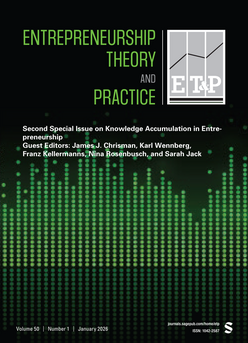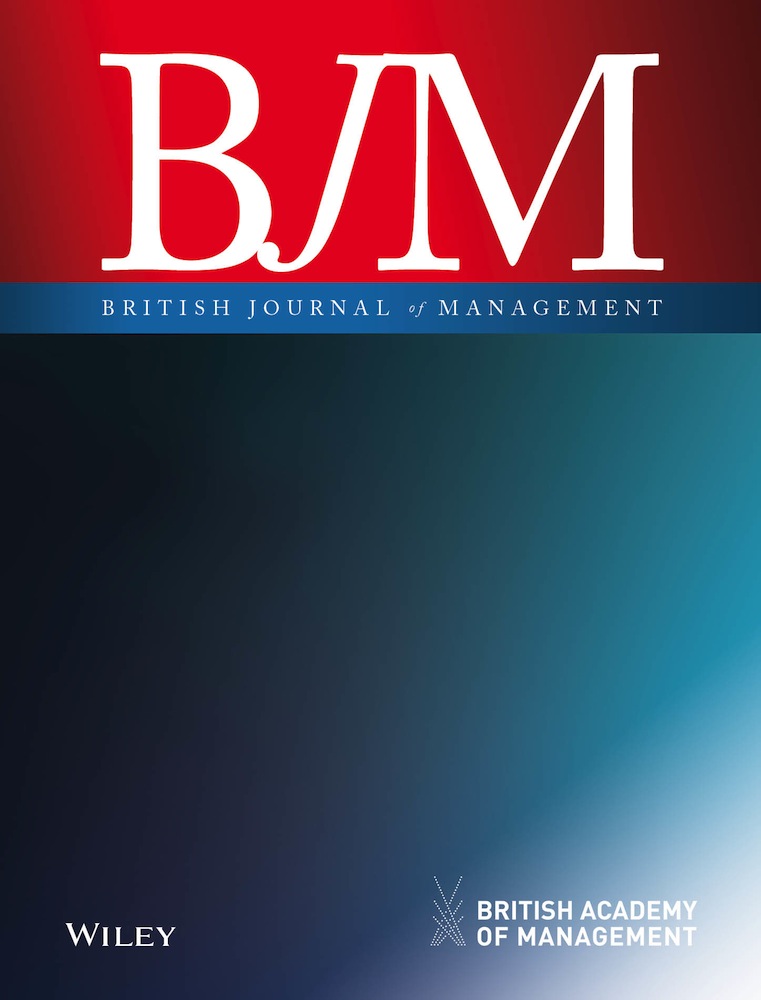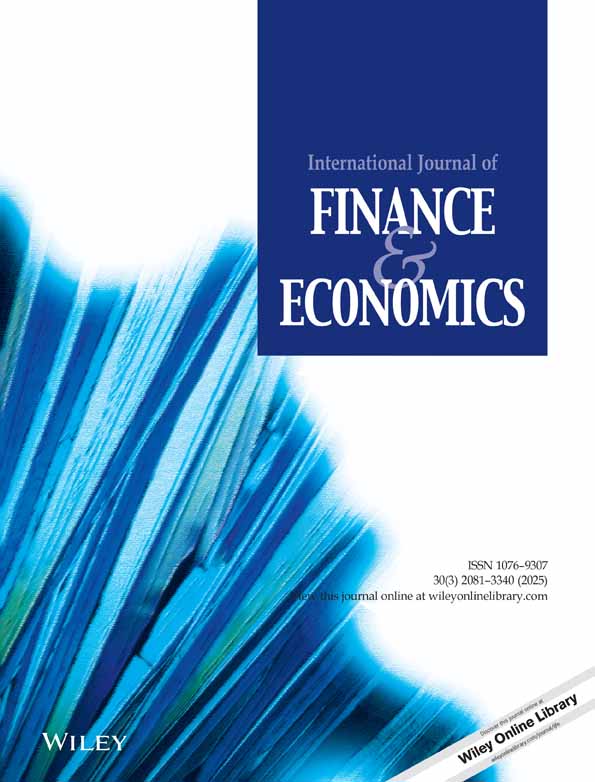
with Thang Nguyen & Panagiotis Andrikopoulos - 2026
ENTREPRENEURSHIP THEORY AND PRACTICE (ABS-4*/ FT-50)
Paper in one sentence: Investors will rely on heuristic cognitive processes when signals from entrepreneurs are congruent or imbalanced incongruent, however, when signals are balanced incongruent, investors will engage in systematic cognitive processes that incorporate additional information from the herding behaviour of other investors.

with Zied Ftiti, Wael Louhichi, & Hachmi Ben Ameur - 2025
RISK ANALYSIS (ABS-4)
Paper in one sentence: Perceived climate risk is priced into S&P 500 Index stock returns and is robust when different asset-pricing models are used.

with Thang Nguyen, Jiaqi Guo, Thanh Nguyen, & Bao To - 2024
BRITISH JOURNAL OF MANAGEMENT (ABS-4)
Paper in one sentence: Grounded in psychological theory, we assert that sentiment's influence thrives at the peak of investor attention, primarily on a campaign's first day and among projects with greater uncertainty

with Thang Nguyen & Panagiotis Andrikopoulos - 2024
INFORMATION AND MANAGEMENT (ABS-3)
Paper in one sentence: Herding does not occur in the first stage of funding campaigns but arises in the later stages, and information from investors’ discussions may be noisier than information disclosure from project founders, thus is more likely to bring uncertainty and accentuate herding.

with Anh Phan & Loan Nguyen - 2024
INTERNATIONAL JOURNAL OF FINANCE AND ECONOMICS (ABS-3)
Paper in one sentence: Under detrimental impacts of sanctions on innovation, countries characterized by high power distance and high uncertainty avoidance cultures tend to experience a higher level of innovation performance.